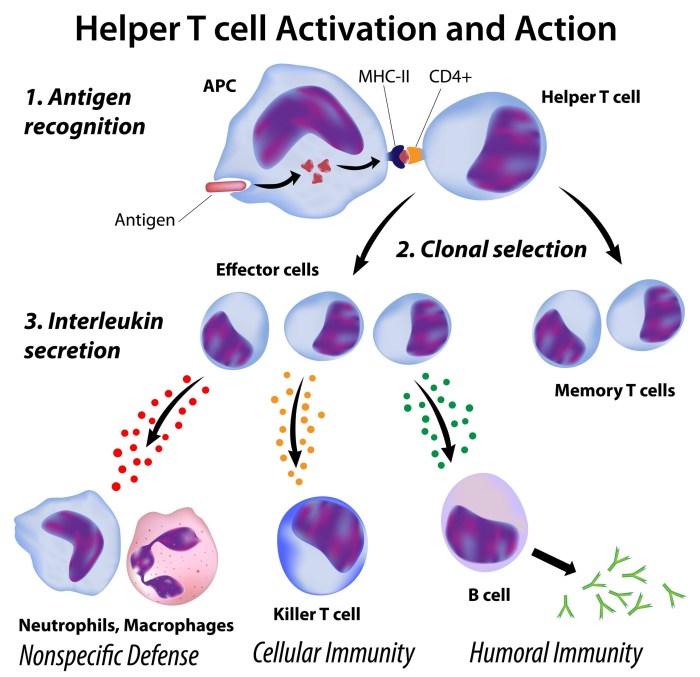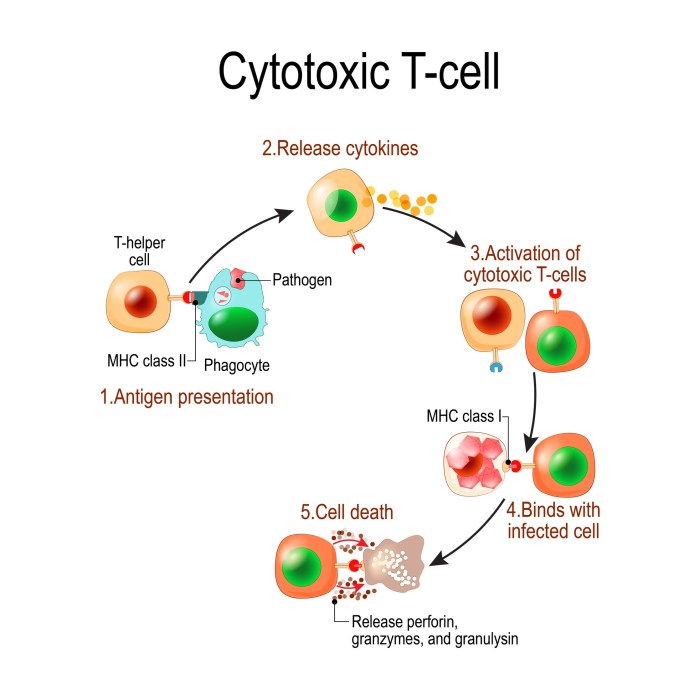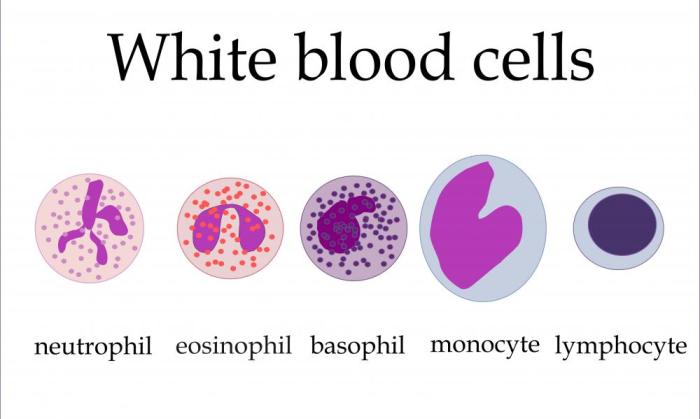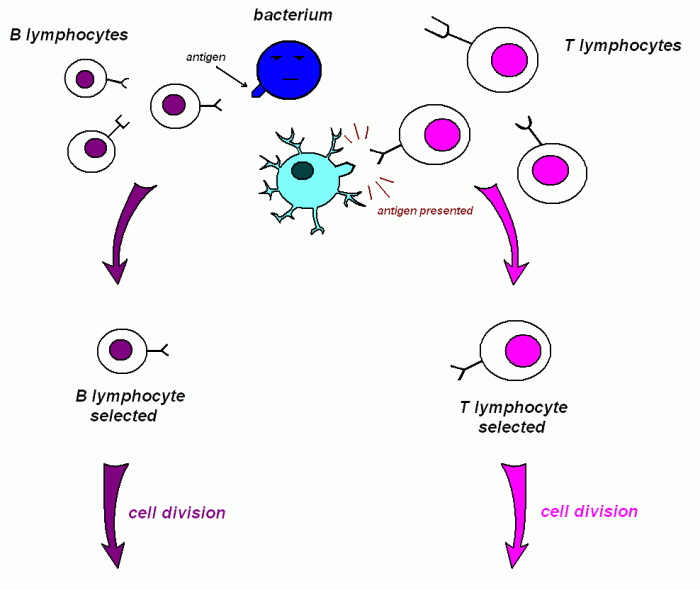All of the following pertain to interferon except: embarking on a scientific exploration, this article delves into the distinctive properties that set interferon apart from other cytokines. Interferon, a crucial player in the immune system, exhibits remarkable characteristics that differentiate it from its counterparts.
As we unravel the exceptions to interferon’s properties, we gain a deeper understanding of its unique role in maintaining immune homeostasis.
Interferon’s exceptional properties stem from its intricate mechanisms of action and diverse applications in clinical settings. By comparing interferon to other cytokines, we illuminate its similarities and differences, highlighting its distinct contributions to the immune response. This comprehensive analysis sheds light on the regulation of interferon production and its profound clinical significance in diagnosing and treating various diseases.
Properties of Interferon
Interferons (IFNs) are a family of proteins that play a crucial role in the immune system. They are produced by various cells in response to viral infection or other stimuli.
General properties of interferons include:
- Broad-spectrum antiviral activity
- Induction of an antiviral state in neighboring cells
- Regulation of immune responses
- Antiproliferative and immunomodulatory effects
Exceptions to Interferon’s Properties, All of the following pertain to interferon except
While most interferons exhibit the aforementioned properties, there are a few exceptions:
- Interferon-gamma (IFN-γ)does not have direct antiviral activity but primarily modulates immune responses.
- Interferon-epsilon (IFN-ε)is not produced in response to viral infection but rather by epithelial cells in response to bacterial or parasitic stimuli.
Mechanisms of Action
Interferons exert their effects through various mechanisms:
- Induction of antiviral proteins:IFNs induce the expression of antiviral proteins, such as protein kinase R (PKR) and 2′,5′-oligoadenylate synthetase (OAS), which inhibit viral replication.
- Modulation of immune responses:IFNs enhance the activity of natural killer (NK) cells and macrophages, promote the differentiation of T cells, and regulate the production of other cytokines.
- Antiproliferative effects:IFNs can inhibit cell growth and proliferation by inducing cell cycle arrest or apoptosis.
Applications of Interferon

Interferons have therapeutic applications in the treatment of various viral infections, including:
- Hepatitis B and C
- HIV
- Influenza
- Herpes simplex virus
However, the use of interferons is limited by their potential side effects, such as fever, fatigue, and myelosuppression.
Comparison with Other Cytokines: All Of The Following Pertain To Interferon Except

Interferons share similarities with other cytokines, such as:
- Production in response to infection or inflammation
- Regulation of immune responses
- Antiviral and immunomodulatory effects
However, interferons differ from other cytokines in their:
- Broad-spectrum antiviral activity
- Induction of an antiviral state in neighboring cells
- Antiproliferative effects
Regulation of Interferon Production
The production of interferons is regulated by various factors, including:
- Viral infection:Viral nucleic acids trigger the production of interferons through pattern recognition receptors (PRRs).
- Cytokines:Cytokines such as interleukin-1 (IL-1) and tumor necrosis factor-alpha (TNF-α) can induce interferon production.
- Genetic factors:Variations in interferon genes can influence the production and response to interferons.
Clinical Significance

Interferons have clinical significance in the:
- Diagnosis of viral infections:Interferon levels can be used to diagnose certain viral infections.
- Treatment of viral infections:Interferons are used to treat a variety of viral infections, as mentioned earlier.
- Immunotherapy:Interferons are used as immunomodulators in the treatment of certain cancers and autoimmune diseases.
Future Directions

Research on interferons is ongoing, with a focus on:
- Developing new interferon-based therapies:Researchers are exploring the use of novel interferons and combination therapies to improve efficacy and reduce side effects.
- Understanding the role of interferons in immune regulation:Further research is needed to elucidate the complex interactions between interferons and other immune components.
- Investigating the potential of interferons in chronic diseases:Studies are exploring the role of interferons in the development and progression of chronic diseases, such as cancer and autoimmune disorders.
FAQ Insights
What are the key properties of interferon?
Interferon possesses antiviral, immunomodulatory, and antiproliferative properties, playing a crucial role in the immune response.
How does interferon differ from other cytokines?
Interferon exhibits unique properties, such as its ability to induce an antiviral state in cells and its involvement in both innate and adaptive immunity.
What are the therapeutic applications of interferon?
Interferon is used to treat various viral infections, including hepatitis C and multiple sclerosis, and has shown promise in cancer immunotherapy.